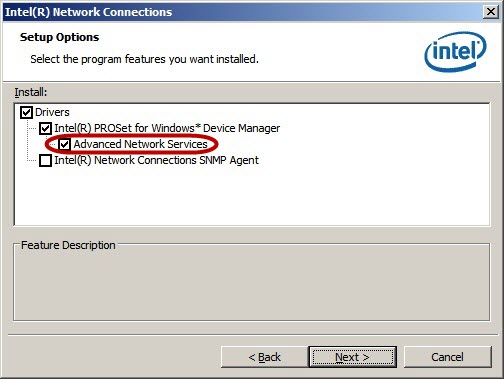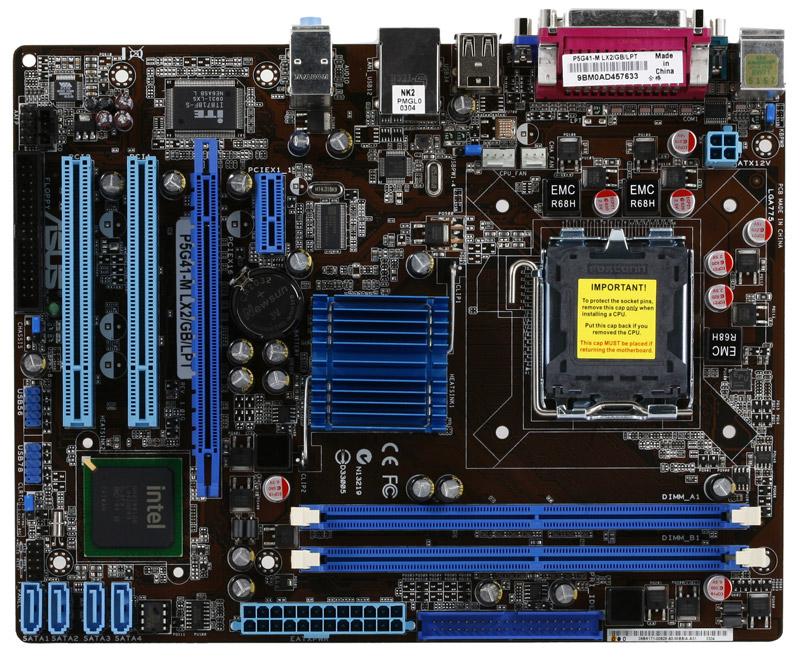Does this apply to my network connection?
The information applies to the following network connections:

- Intel® 82579LM Network Connection
- Intel® 82579V Network Connection
Download Asus Intel Gigabit Ethernet Driver 15.6.0.0. OS support: Windows XP/Vista/7. Category: Networking.
Where can I get drivers?
Your computer manufacturer might have customized drivers and software to enable features, alter features, or provide improved operation on your computer.
Contact the manufacturer for the latest updates and technical support information.
Where can I get technical support?

Computer vendors provide technical support. See Intel® Desktop Board and Intel® Server Board support information.
We develop network components used in motherboards and network adapters sold by original equipment manufacturers (OEM) such as Dell, HP, Gateway, or IBM. The OEM supports connections built into the motherboard or network adapters sold by an OEM.
We don't support:
- OEM integrated network connections
- Mobile connections
- OEM adapters
Your OEM supports Network components listed as a Network Connection (for example, Intel® 82579LM Gigabit Network Connection).
Where can I find product briefs, datasheets, application notes, design guides, and other developer resources?
See product information on Intel® Ethernet Controllers.
We offer a complete line of industry-leading single- and multiport 10 gigabit, gigabit, and fast Intel® Ethernet Controllers with integrated MAC and PHY for:
- High performance
- Low power consumption
- A smaller footprint
Time to update the driver. Can't compile under new kernel branch 4.10. UPDATE. Finally!
This driver is cancer on Debian/Ubuntu/Mint/Whatever. They are hard coding kernel versions that they happen to use, rather than compile depending on whatever kernel build source it's being built on(the point of building from src in the first place). So this driver compile shts itself if every planet isn't aligned with one guy using redhat in a dungeon at intel. This is not the way to sell hardware, kids. Just in case you missed the point of vendor supplied drivers. For example: #define UBUNTU_VERSION_CODE (((LINUX_VERSION_CODE & ~0xFF) << 8) + (UTS_UBUNTU_RELEASE_ABI)) #if UTS_UBUNTU_RELEASE_ABI > 255 #error UTS_UBUNTU_RELEASE_ABI is too large... #endif /* UTS_UBUNTU_RELEASE_ABI > 255 */ #if ( LINUX_VERSION_CODE <= KERNEL_VERSION(3,0,0) ) /* Our version code scheme does not make sense for non 3.x or newer kernels, * and we have no support in kcompat for this scenario. Thus, treat this as a * non-Ubuntu kernel. Possibly might be better to error here. */ #define UTS_UBUNTU_RELEASE_ABI 0 #define UBUNTU_VERSION_CODE 0 #endif
Works just as well as you hoped it would. If, at your own risk, you want to support both 1Gb and 10Gb with SFP+ modules that have not been tested with both--and are not advertised to work with both--just make multispeed_fiber always true: --------------------- ixgbe/ixgbe-4.0.3/src/ixgbe_phy.c ---------------------- index 102dd53..a3e5f74 100644 @@ -1451,7 +1451,7 @@ s32 ixgbe_identify_sfp_module_generic(struct ixgbe_hw *hw) hw->phy.sfp_setup_needed = true; /* Determine if the SFP+ PHY is dual speed or not. */ - hw->phy.multispeed_fiber = false; + hw->phy.multispeed_fiber = true; if (((comp_codes_1g & IXGBE_SFF_1GBASESX_CAPABLE) && (comp_codes_10g & IXGBE_SFF_10GBASESR_CAPABLE)) || ((comp_codes_1g & IXGBE_SFF_1GBASELX_CAPABLE) && @@ -1771,7 +1771,7 @@ s32 ixgbe_identify_qsfp_module_generic(struct ixgbe_hw *hw) hw->phy.sfp_setup_needed = true; /* Determine if the QSFP+ PHY is dual speed or not. */ - hw->phy.multispeed_fiber = false; + hw->phy.multispeed_fiber = true; if (((comp_codes_1g & IXGBE_SFF_1GBASESX_CAPABLE) && (comp_codes_10g & IXGBE_SFF_10GBASESR_CAPABLE)) || ((comp_codes_1g & IXGBE_SFF_1GBASELX_CAPABLE) &&
I cannot comment on the driver as I could not get it work on Ubuntu. I thought i'd give it a go, even though I knew it wasn't apart of the supported list. Ubuntu 14.04, 3.13.0-24-generic kernel, Intel Corporation Ethernet Connection I217-V (rev 05). **UPDATE** Booting without the cable plugged in helped!
For older non-current CentOS boot kernel (such as 1 or 2 sub-revisions behind), you're forced to install the full-source CentOS linux kernel into /usr/src/linux. Cannot rely on 'kernel-devel' package then. Certainly, not Intel's fault. but it works very well.
Comments are closed.